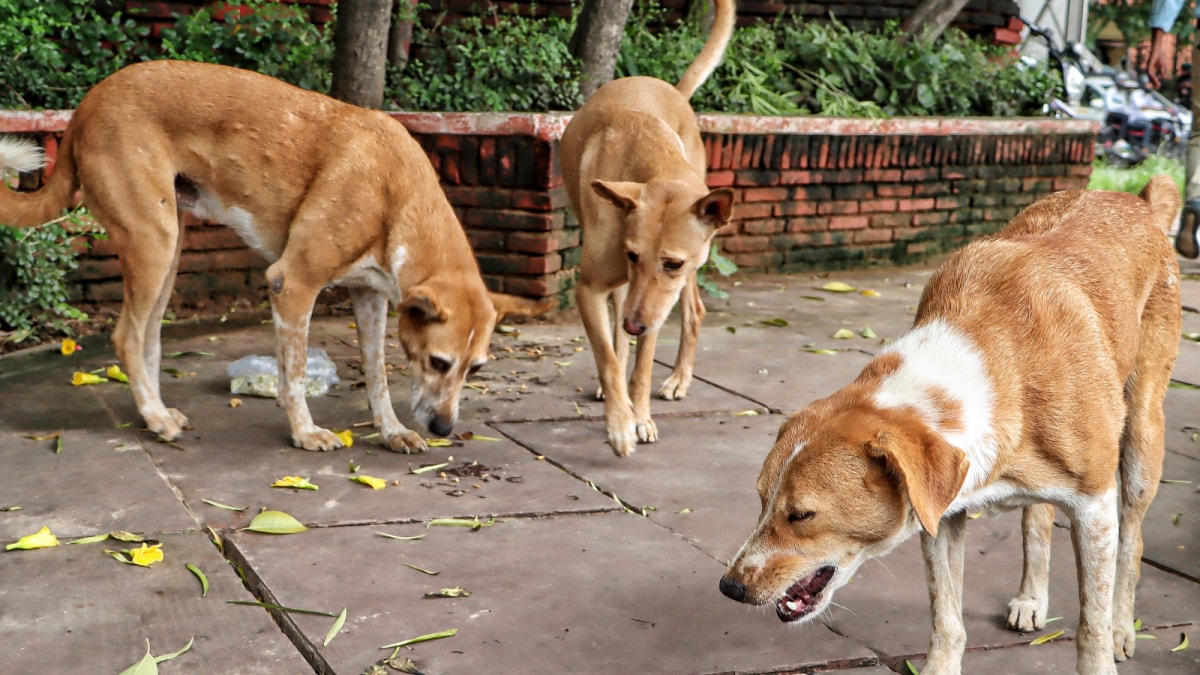- September 2, 2023
Brazil top court expected to reject limit on Indigenous land claims – Times of India

BRASILIA: Brazil‘s Supreme Court is expected to rule later this month against attempts by the country’s powerful farm lobby to limit land claims by Indigenous peoples to areas they occupied before 1988.
Lawyers and Indigenous rights advocates believe a majority of the 11-member court will vote to reject the date restriction on the grounds it is unconstitutional.
The vote count is currently 4-2 against the proposal and voting will resume on Sept. 20, the court said.
“At least two more justices are expected to vote against it next week,” said Juliana de Paula, a lawyer for the Socio-Environmental Institute ISA, a nonprofit organization that defends Indigenous interests.
Congress has pushed ahead with bills allowing Indigenous reservations only on land that was occupied by native communities when Brazil passed its Constitution in 1988. The lower house passed a bill last month and its backers want the Senate to follow suit before the Supreme Court rules on the issue.
Brazilian farm interests want to establish the cut-off date to secure non-Indigenous farmers’ claim to lands they have settled in Brazil’s expanding agricultural frontier.
The case before the court stems from a dispute in Santa Catarina state where the government rejected a land claim by the Xokleng people, who were evicted by tobacco farmers from what was their ancestral land. The government argued that they were not living on the disputed area in 1988.
Indigenous groups protesting in Brasilia against the limitation of their land claims celebrated a crucial vote on Thursday by Justice Cristiano Zanin that all but ensured the 1988 cut-off date would be rejected by the court.
Zanin said Indigenous communities that were not present on their lands in 1988 may have been forced to leave. He raised the possibility that farmers could be compensated if they settled on lands without knowing they were claimed by previous inhabitants.
Indigenous leaders say the Supreme Court decision is vital for the resolution of some 300 pending land recognition claims that would protect their communities from land-grabbers and invasion by illegal loggers and wildcat gold miners.
Brazil has 1.6 million Indigenous people according to the latest census, half of whom live on ancestral lands, mainly in the Amazon but also in farm states.
Lawyers and Indigenous rights advocates believe a majority of the 11-member court will vote to reject the date restriction on the grounds it is unconstitutional.
The vote count is currently 4-2 against the proposal and voting will resume on Sept. 20, the court said.
“At least two more justices are expected to vote against it next week,” said Juliana de Paula, a lawyer for the Socio-Environmental Institute ISA, a nonprofit organization that defends Indigenous interests.
Congress has pushed ahead with bills allowing Indigenous reservations only on land that was occupied by native communities when Brazil passed its Constitution in 1988. The lower house passed a bill last month and its backers want the Senate to follow suit before the Supreme Court rules on the issue.
Brazilian farm interests want to establish the cut-off date to secure non-Indigenous farmers’ claim to lands they have settled in Brazil’s expanding agricultural frontier.
The case before the court stems from a dispute in Santa Catarina state where the government rejected a land claim by the Xokleng people, who were evicted by tobacco farmers from what was their ancestral land. The government argued that they were not living on the disputed area in 1988.
Indigenous groups protesting in Brasilia against the limitation of their land claims celebrated a crucial vote on Thursday by Justice Cristiano Zanin that all but ensured the 1988 cut-off date would be rejected by the court.
Zanin said Indigenous communities that were not present on their lands in 1988 may have been forced to leave. He raised the possibility that farmers could be compensated if they settled on lands without knowing they were claimed by previous inhabitants.
Indigenous leaders say the Supreme Court decision is vital for the resolution of some 300 pending land recognition claims that would protect their communities from land-grabbers and invasion by illegal loggers and wildcat gold miners.
Brazil has 1.6 million Indigenous people according to the latest census, half of whom live on ancestral lands, mainly in the Amazon but also in farm states.







